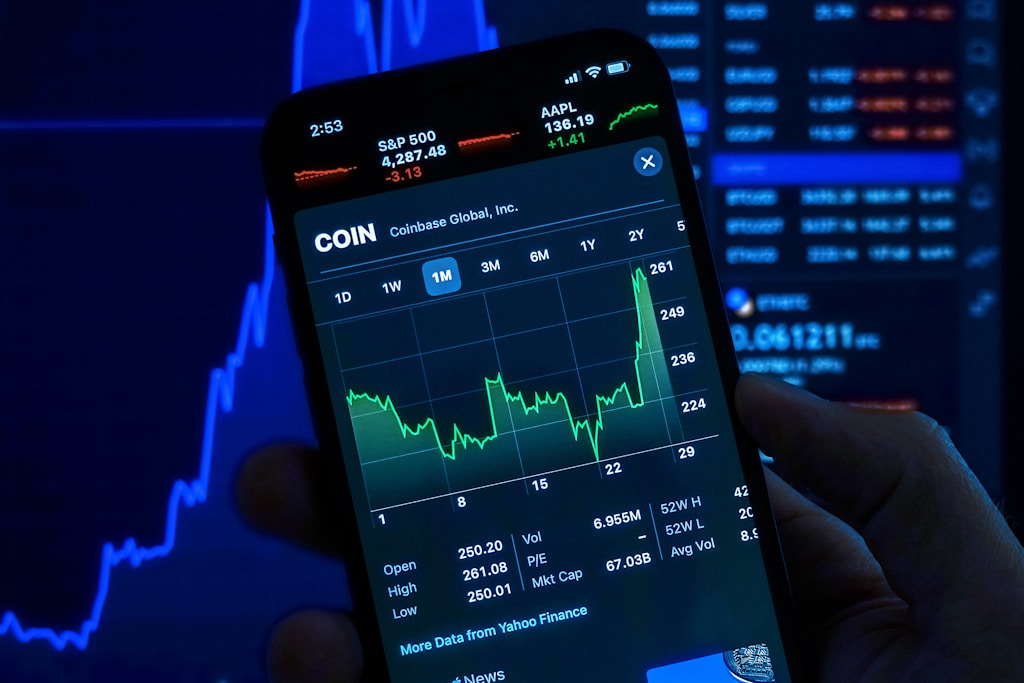Recession Risk Soars 49% on Prediction Markets After Trump Tariffs
Prediction markets show surging recession risk following Trump’s tariff announcement, with betting odds reaching new highs. Learn how this could impact crypt…

Prediction markets are signaling growing concerns about a potential U.S. recession, with betting odds surging dramatically following President Trump’s announcement of sweeping new tariff policies. This market sentiment shift could have significant implications for both traditional and crypto markets in the coming months.
Key Takeaways:
- Prediction market odds for a 2025 recession have increased substantially
- Trump’s blanket tariff announcement triggered the surge in bearish bets
- Crypto markets showing correlation with recession fears as Bitcoin price recently dropped 8% on tariff news
Understanding the Market Response
The dramatic shift in prediction market sentiment comes as traders digest the potential economic impact of Trump’s proposed blanket tariff policy. These market-based forecasts have historically served as leading indicators for economic turning points, making the current surge in recession odds particularly noteworthy.
Impact on Crypto Markets
The increased recession risk has already begun impacting cryptocurrency markets, with Wall Street experiencing a $2.85T loss as recession odds reached 49% on Polymarket. This correlation between traditional market fears and crypto performance suggests investors are treating digital assets as risk-on investments during periods of economic uncertainty.
Expert Analysis
Market analysts suggest that the surge in recession bets reflects broader concerns about the potential impact of protectionist trade policies on global economic growth. The prediction markets are currently pricing in a significantly higher probability of economic downturn compared to traditional economic forecasts.
FAQ
How reliable are prediction markets for forecasting recessions?
Prediction markets have shown historical accuracy in forecasting economic events, though they can be influenced by short-term sentiment shifts.
What impact could a recession have on crypto markets?
Historical data suggests cryptocurrencies often experience increased volatility during periods of economic uncertainty, though each recession can affect markets differently.
How might Trump’s tariff policy affect crypto adoption?
Economic uncertainty could drive increased interest in cryptocurrencies as alternative stores of value, though initial market reactions typically show correlation with traditional risk assets.



